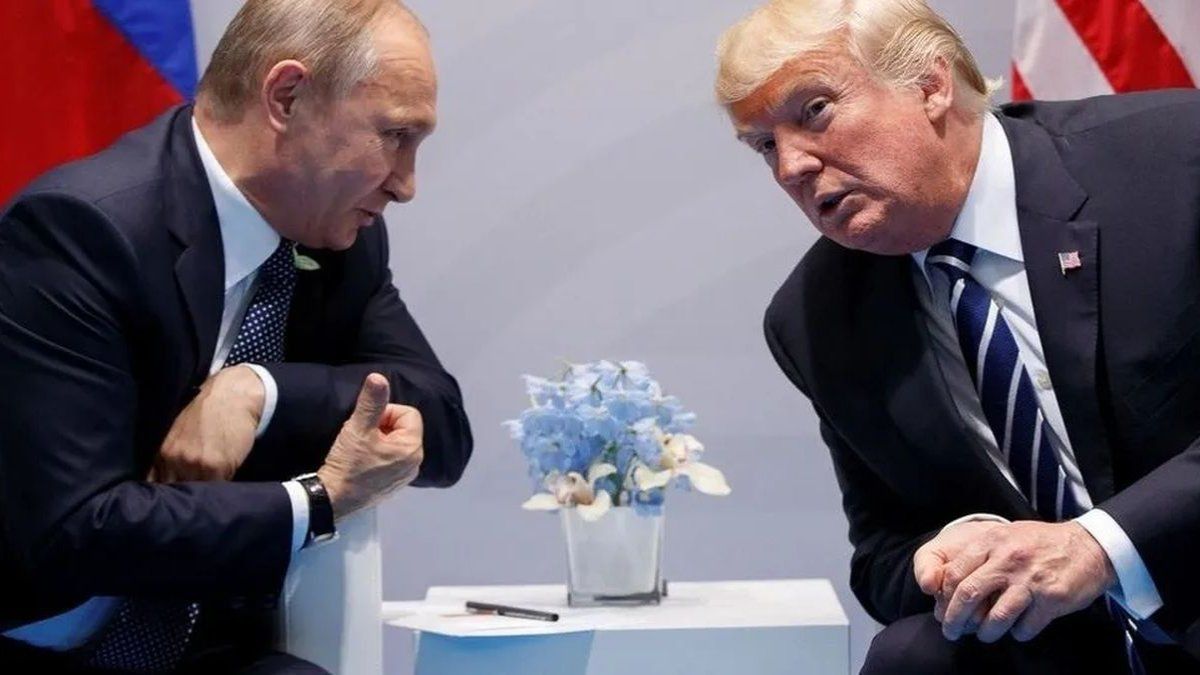According to Kathpress, the proposals were presented in the form of a study document on Thursday in Rome by the Curia Cardinal Kurt Koch, who is responsible for ecumenism, and the Secretary General of the World Synod of Bishops, Cardinal Mario Grech.
Officials of the Anglican and Armenian Apostolic Churches have welcomed recent proposals from the Vatican for a new way of exercising the papal office. Presenting the document “The Bishop of Rome” on Thursday in the Vatican press room, Archbishop Khajag Barsamian, who was connected from Armenia, said the document would be a reference point for discussions between the churches from now on.
Barsamian emphasized that in the first centuries there was an ecclesiastical community without common canon law and common structure; plurality was accepted at that time. He hopes that this practice of the first centuries will also apply in the future.
“Certain form of synodality”
There could be “a certain form of synodality between the churches, even if complete ecclesiastical unity does not yet exist,” said the Armenian archbishop. He suggested that the document and the perspectives arising from it be discussed in more detail between the churches on the 1,700th anniversary of the Council of Nicaea.
On behalf of the Anglican Church of England, Archbishop Ian Ernest welcomed the document as a “great success” at the media event. The personal representative of the Archbishop of Canterbury in Rome said the paper opened up new perspectives for relations between the churches with regard to the much-discussed issue of papal primacy.
The guidelines collected under the title “The Bishop of Rome” are the result of decades of theological dialogue that various Christian churches have conducted separately with the Catholic Church. The paper “The Bishop of Rome”, which was approved by Pope Francis, proposes several far-reaching changes for the Catholic Church. A new understanding and a different exercise of the papal primacy should “contribute to the restoration of Christian unity”.
Church no longer a monarchy, but a community
The first change concerns a new interpretation of the teachings of the First Vatican Council. In 1870, this council proclaimed the dogmatic infallibility of the head of the church. It also declared the pope to be the supreme legislator and judge of the entire Christian church. According to the paper, the decisions of that time should now be integrated into the newer theology, which no longer sees the church as a monarchy but as a community. In addition, they should be “adapted to today’s cultural and ecumenical context.”
Next, the paper calls for a clear separation between the different areas of responsibility of the Bishop of Rome. To do this, he must exercise his local episcopal office in Rome more visibly. It must then be clarified to what extent he, as “Patriarch of the West”, can be on the same level as the churches of the East in certain issues, while in others he would have the “primacy of unity in the community of both the Western and Eastern churches”.
The third proposal concerns the constitution of the Catholic Church. Internally, this must move further towards “synodality”, i.e. joint consultation and decision-making. This includes reflection on the authority of the national and regional bishops’ conferences and the question of what position they will occupy in the future within the network of the Catholic World Synod and the Roman Curia.
Global consulting level
Finally, the text proposes the creation of a new global advisory level with regular meetings of church leaders of different denominations. This should deepen the existing community among them and make it more visible to the outside world.
The paper also contains proposals for the future ecumenical role of the Pope. For example, he should be able to convene and preside over interdenominational councils. He could also take on the role of mediator in the event of disciplinary or doctrinal conflicts.
With regard to the churches in the West separated from Rome – that is, the Protestant communities – the paper speaks of a “primacy of proclamation and testimony” that is acceptable to them even if full church unity has not yet been achieved.
First steps already taken
It is unclear how the Vatican’s proposals will be implemented in church law. The Pope could put some of them, which affect his own power or the synodal constitution of the Church, into effect through church laws. He has already taken the first steps with regard to his role as Roman bishop and the synodal constitution of the Church.
Others would probably require the approval of a Third Vatican Council. Recognition of the Pope as “honorary head” could probably only be achieved through a new type of “Ecumenical Synod”. Delegates from other churches would then also participate with voting rights, similar to the first millennium.
As a first step, Cardinal Koch announced that the Vatican would send the proposals to the other churches for evaluation. They hope for positive responses and further discussions.
My themes
For your bookmarked topics
new articles found.
info By clicking on the icon you add the keyword to your topics.
info
By clicking on the icon you open your “my topics” page. You have of 15 keywords saved and would have to remove keywords.
info By clicking on the icon you remove the keyword from your topics.
Add the topic to your topics.
Source: Nachrichten




